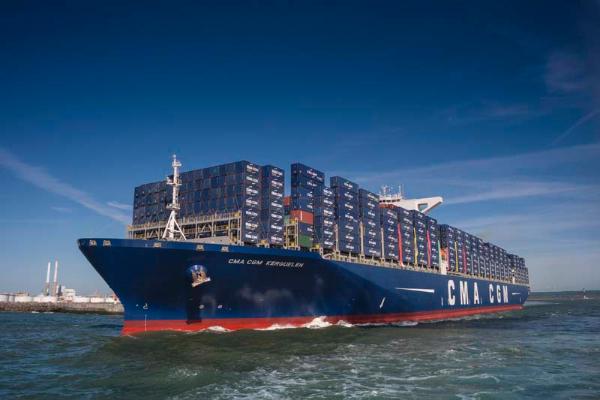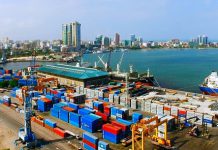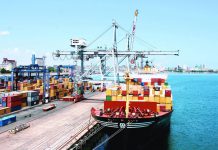Author: JAMES KAMALA
AfricaPress-Tanzania: TANZANIA Shipping Agencies Corporation (Tasac) has called on entrepreneurs to utilise opportunities arising from blue economy investments given the magnitude of the country’s water bodies.
The country lies in the African Great Lakes region and boasts of 61,500sqkm of surface area covered by lakes. This makes up 6.0 per cent of the national surface area and 88 per cent of this area is covered by the three major lakes—Victoria, Tanganyika and Nyasa.
Lakes, rivers, streams and the Indian Ocean are potential for passenger and cargo transportation, fishing, irrigation and recreation, to name some.
Tasac Executive Director Emmanuel Ndomba said opportunities were clear especially after the Tanzania Ports Authority (TPA) repaired and upgraded some ports.
“The government has repaired a number of ports namely Dar es Salaam, Mtwara and Tanga, those in Lake Victoria and Lake Tanganyika,” Mr Ndomba said on African Ocean Day at the weekend.
For instance, the construction and rehabilitation of the ports on Lake Tanganyika has opened several opportunities for marine transport between Tanzania and the Democratic Republic of Congo (DRC).
“These ports have facilitated business between Tanzanians and Congolese through Lake Tanganyika. This is after the renovation of ports like Karema, Kabwe and Ikola,” Mr Ndomba said.
The ports are good links between districts and regions.
A new ship on Lake Tanganyika is at a designing level. On the other hand, the construction of MV Mwanza on Lake Victoria is going on.
Association for Women in the Maritime (Womesa) Secretary General, Dr Devota Mandanda called on stakeholders to facilitate women and youth’s access to training and open the door for them to take part in lake and ocean transport.
“Training will empower women with knowledge and skills for sustainable marine economy and the importance of marine environmental conservation,” Ms Mandanda noted.
According to the World Bank (WB), blue economy is understood as comprising a range of various sectors of the economy and policies that together determine whether the use of marine resources is sustainable.
A blue economy challenge is to understand and better manage many aspects of marine sustainability, ranging from sustainable fisheries to ecosystem health to pollution.
A second significant issue is the realisation that the sustainable management of marine resources requires collaboration across nation-states and across the public and private sectors and on a scale that has not been previously achieved. This realisation underscores the challenge facing some states.







